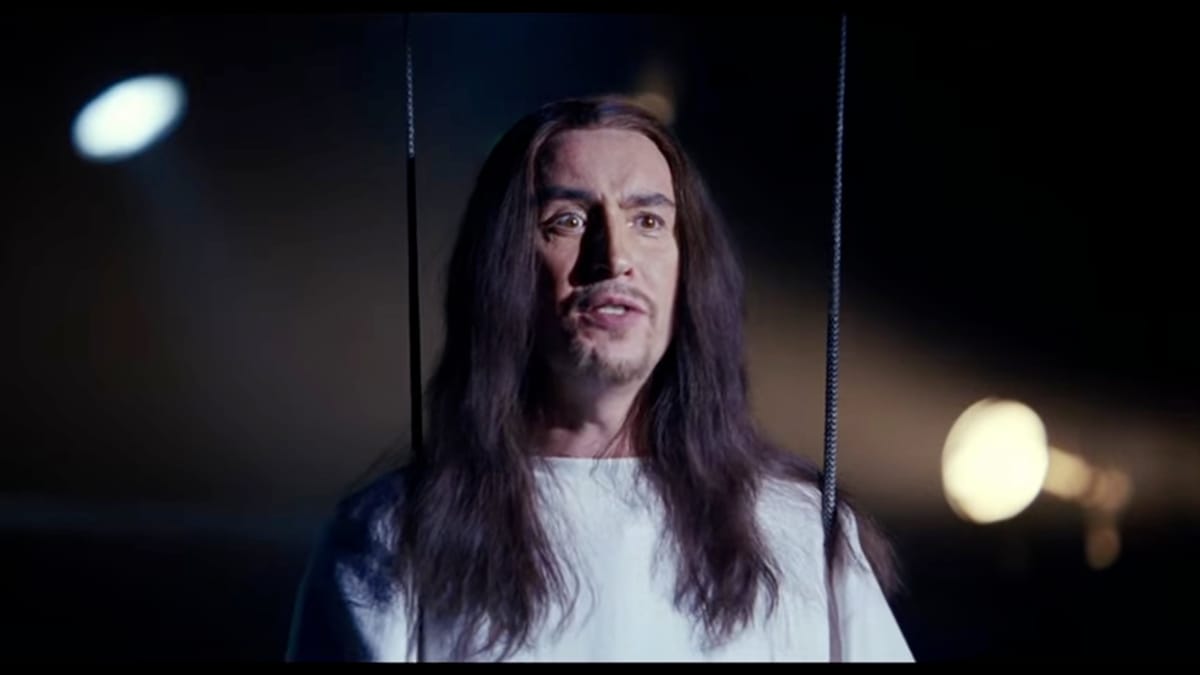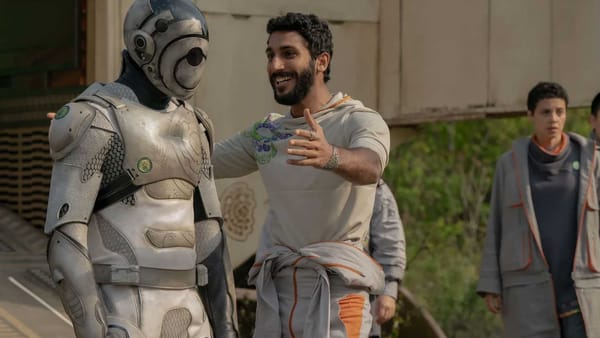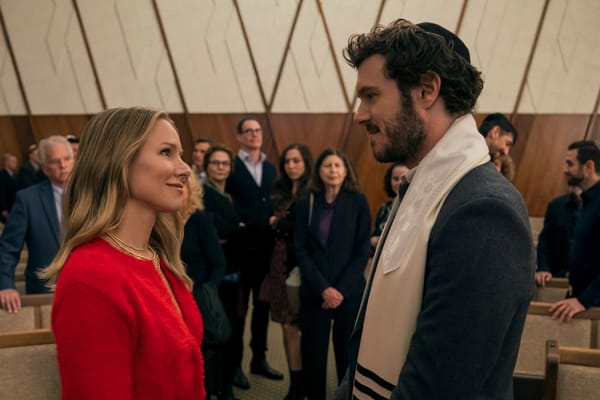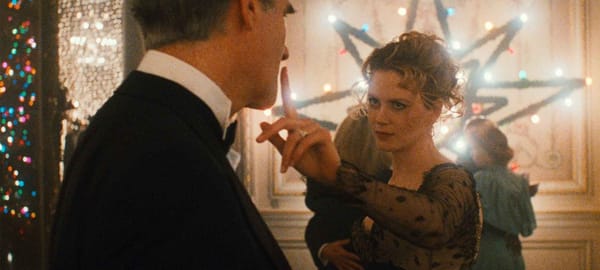Inneresting #249 - Forgiveness and Mercy
It's not right, but it's okay?

The stakes and scale of conflicts in some stories depend on making actions or characters appear completely unforgivable.
Could Tony admit to Ultron that he was as bad a father to his AI child as his father was for him and hug it out (considering the worldwide chaos and destruction ending in Sokovia)?
Could John Connor look a Terminator in the glowing red eye and say, “You never asked to be created, and your time-bending violence is just the emergence of an overactive survival instinct. We’re both victims of the same military-industrial complex.”

It’s not just about the stakes of the story, but about the needs of the characters at its heart. How do we show that what's best for the character is not taking an eye for an eye or demanding a proportional response?
Les Misérables, both the original novel and the musical adaptation, plays out this dynamic with the competing narratives of Valjean and Javert. Peg from Getting Started looks at the parallels behind these characters, down to the parallel lyrics in their songs, and the schism between them coming from opposite reactions to being offered a graceful reprieve for the consequences of their actions. Joanna Hoyt analyzes Hugo's original work, considering the different ways characters react to a system perpetuating a world of haves and have nots, and whether justice means understanding and mercy, or punishment and permanent condemnation.
Writer and Director Sarah Polley breaks down a scene from Women Talking where the women pause their discussion of how to respond to the men in their community and offer each other forgiveness for being complicit with the abuse they’ve all suffered, and for the older generations failing to protect the younger. Aazka K.V. Patel considers the relationship between forgiveness and agency in the film, and how the characters grapple with how to claim some sense of healing and justice when they have been systematically denied self-determination for their entire lives.
There's a layered nature to the conflicts in Coco which helps entrench Hector's hope for forgiveness from Imelda into the core of the story.
Will Miguel honor the tradition Imelda imposed on her family of banning music from their lives? Will Miguel be able to get back to the land of the living to put Hector’s picture back up on the family ofrenda? And now that she is helping Hector save their great-great-grandson, is Imelda on a path to forgiving him?
When a character decides to offer mercy or forgiveness to someone who has wronged them, how can the writer help the viewer understand that choice?
Or is ambiguity part of the point? Martin Scorsese's take on The Searchers suggests Ethan Edwards as a wandering character whose hatred fuels him for most of the film, but changes in one crucial moment. Edwards doesn't stick around for anyone to ask for an explanation for his sudden act of mercy, and he doesn't offer one before the door closes on his story.
Will the characters in this story best be satisfied by vengeance or healing? Does justice mean punishment or reconstruction? And if we see forgiveness, is it freely given or coerced?
👋 Are you new here?
Inneresting is a weekly newsletter about writing and things that are interesting to writers. Subscribe now to get more Inneresting things sent to your inbox.
Previously on Inneresting…
In case you missed it, last issue’s most clicked link Vugar Efendi assembled a great collection of examples of cinematic shots inspired by fine art.
What else is inneresting?
- ICYMI, Quote-Unquote’s own Drew Marquardt shares a guide for production assistants on how to handle the lunch run.
- Brandon Keim highlights the current scientific understanding of which animals understand death (and how we understand that they understand).
- Chris DeVille on Yo La Tengo, and what defined “Indie” in the 20th century versus now.
And that’s what’s inneresting this week!
Inneresting is edited by Chris Csont, with contributions from readers like you and the entire Quote-Unquote team.
Are you enjoying this newsletter?
📧 Forward it to a friend and suggest they check it out.
🔗 Share a link to this post on social media.
🗣 Have ideas for future topics (or just want to say hello)? Reach out to Chris via email at inneresting@johnaugust.com, Bluesky @ccsont.bsky.social, or Mastodon @ccsont@mastodon.art.




